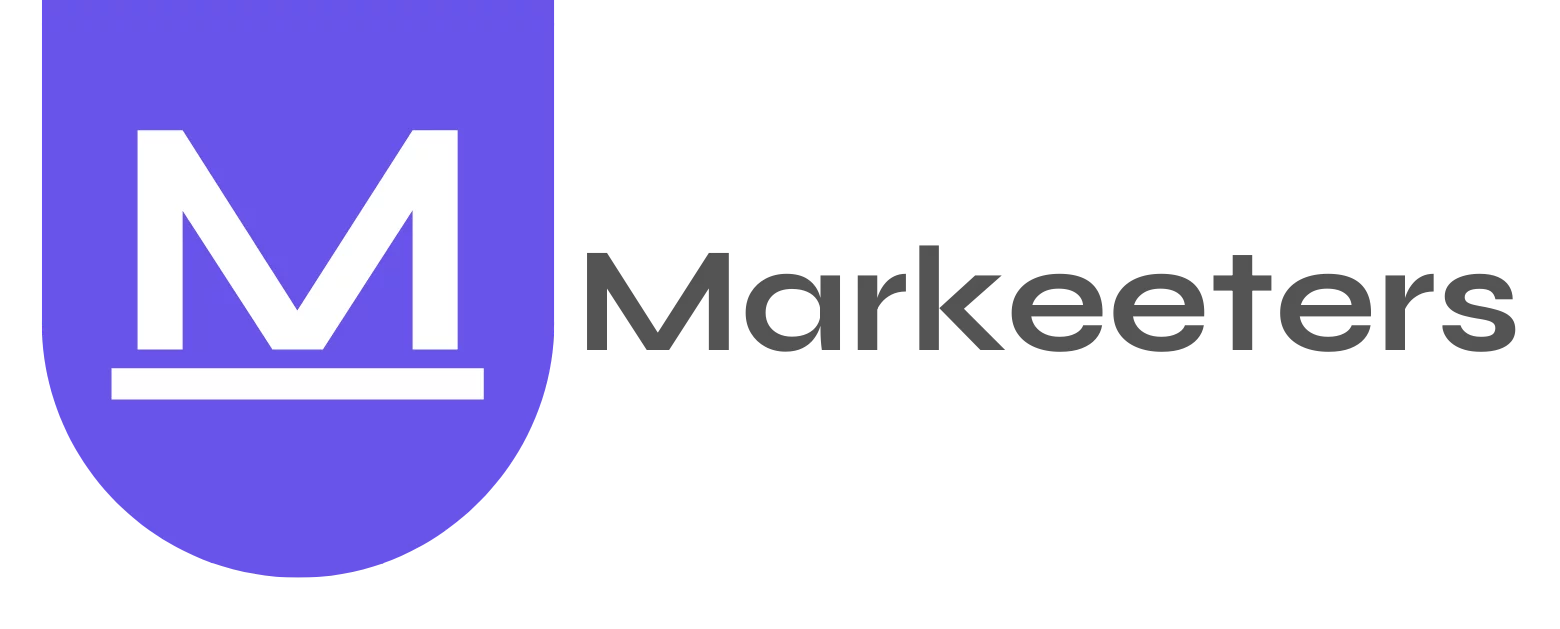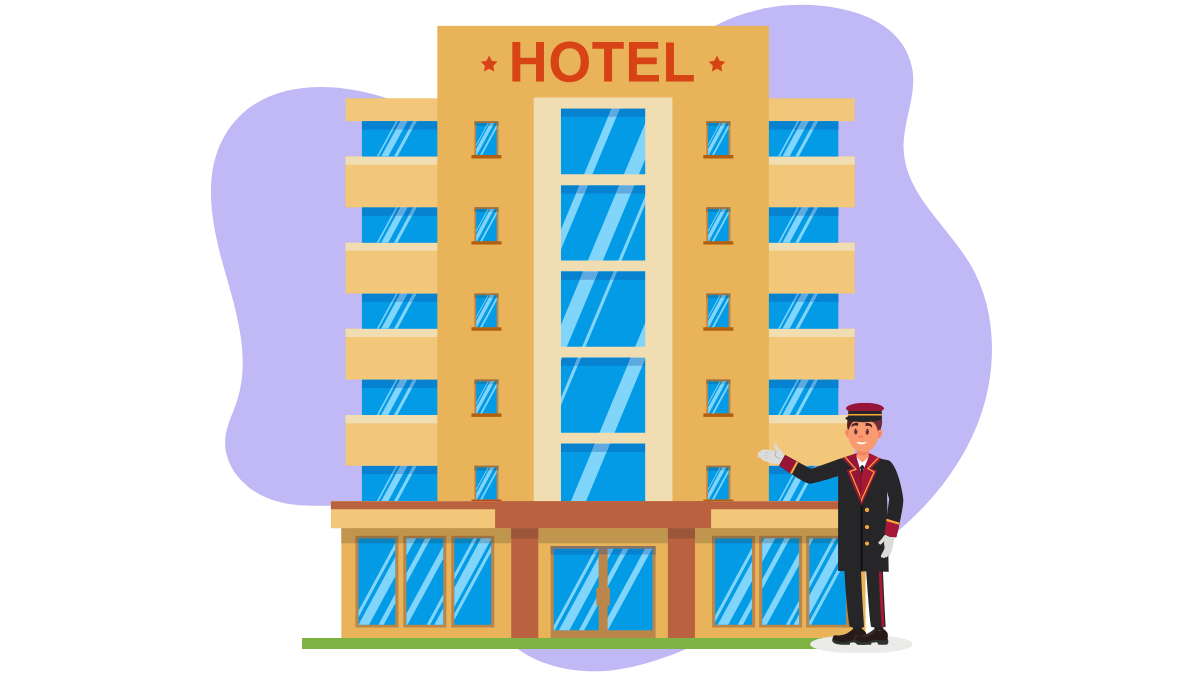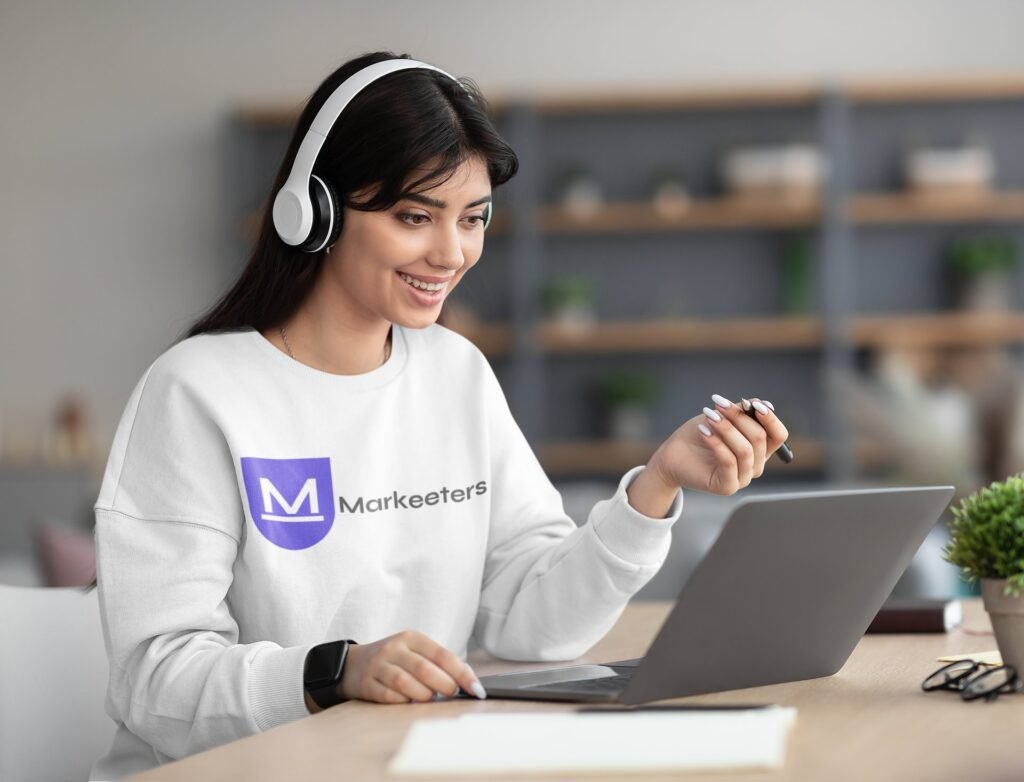Introduction
Social media has revolutionized marketing strategies for hotels, offering unparalleled opportunities to connect with travelers, showcase unique experiences, and drive bookings. This guide aims to provide effective strategies for leveraging social media in the hospitality industry.
Target Audience
Identify the primary audience for hotel social media marketing:
- Potential Guests – Travelers seeking accommodation
- Event Planners – Looking for venues for conferences, weddings, etc.
- Travel Influencers – Those who can promote your hotel to their followers
- Local Community – Engaging with locals for events, dining, or staycations
Goals
Define the objectives of utilizing social media for hotel marketing:
- Increase Bookings – Drive direct bookings through social channels
- Brand Awareness – Showcase the hotel’s unique offerings and experiences
- Customer Engagement – Create a community and interact with guests
- Event Promotion – Highlight special events, offers, or packages
Platforms to Focus On
Identify the key platforms where hotels should maintain a strong presence:
- Instagram – Visual storytelling showcasing amenities, rooms, dining, and experiences
- Facebook – Share promotions, events, and engage with the audience
- LinkedIn – Target business travelers and corporate event planners
- YouTube – Video tours, guest testimonials, and virtual experiences
Content Pillars
Develop content pillars tailored to hotel marketing:
- Visual Storytelling – High-quality photos and videos of rooms, amenities, and experiences
- User-Generated Content – Encourage guests to share their experiences using a branded hashtag
- Local Guides – Highlight nearby attractions, restaurants, and activities
- Behind-the-Scenes – Showcase staff, unique hotel features, and day-to-day operations
Content Creation & Publishing Strategy
Outline a content creation plan aligned with hotel marketing goals:
- Content Calendar – Plan promotions, events, and regular posts for each platform
- Tools & Resources – Use professional photography, video editing tools, and scheduling platforms
- Engagement Strategy – Respond promptly to comments, reviews, and direct messages
- Timing & Frequency – Schedule posts during peak engagement times and adjust frequency as needed
Advertising & Sponsorships
Utilize targeted advertising and partnerships:
- Paid Campaigns – Promote special offers, events, and targeted ads to reach potential guests
- Influencer Collaborations – Partner with travel influencers for authentic promotions
- Local Partnerships – Collaborate with local businesses for joint promotions or packages
Analytics & Reporting
Track and analyze metrics to measure success:
- Bookings and Revenue Generated – Directly attributed to social media campaigns
- Engagement Metrics – Likes, comments, shares, and reach
- Click-Through Rates – Monitor traffic driven from social platforms to the website
- Sentiment Analysis – Monitor reviews and sentiment towards the hotel
Challenges
Address potential challenges in hotel social media marketing:
- Negative Reviews – Handle complaints promptly and professionally
- Content Consistency – Maintain a consistent brand image across platforms
- Algorithm Changes – Stay updated with platform algorithm changes for better reach
Conclusion
Effectively leveraging social media marketing can significantly enhance a hotel’s visibility, engagement, and revenue. This guide provides a roadmap to maximize the potential of social platforms in promoting hotels and fostering guest relationships.



